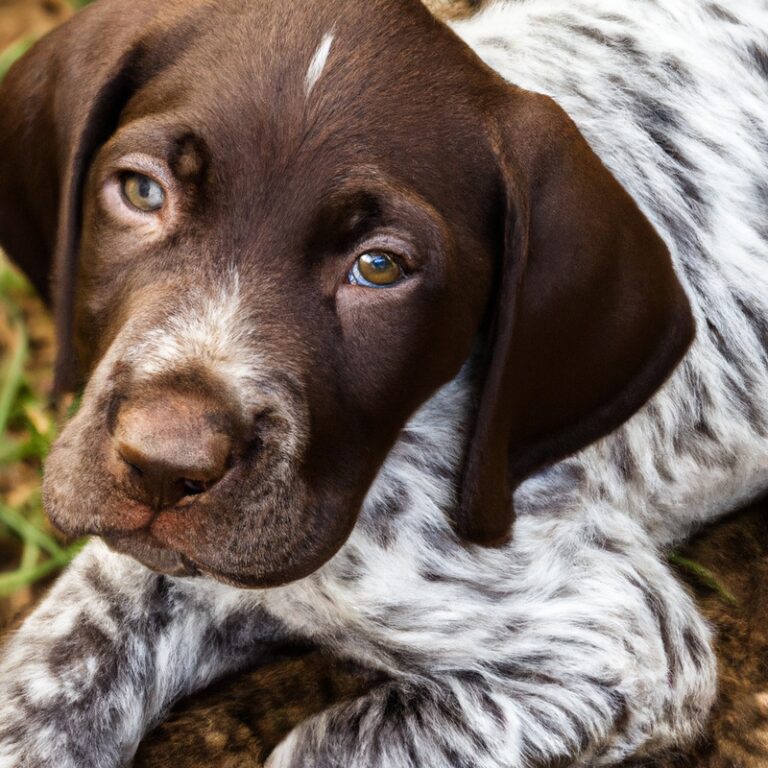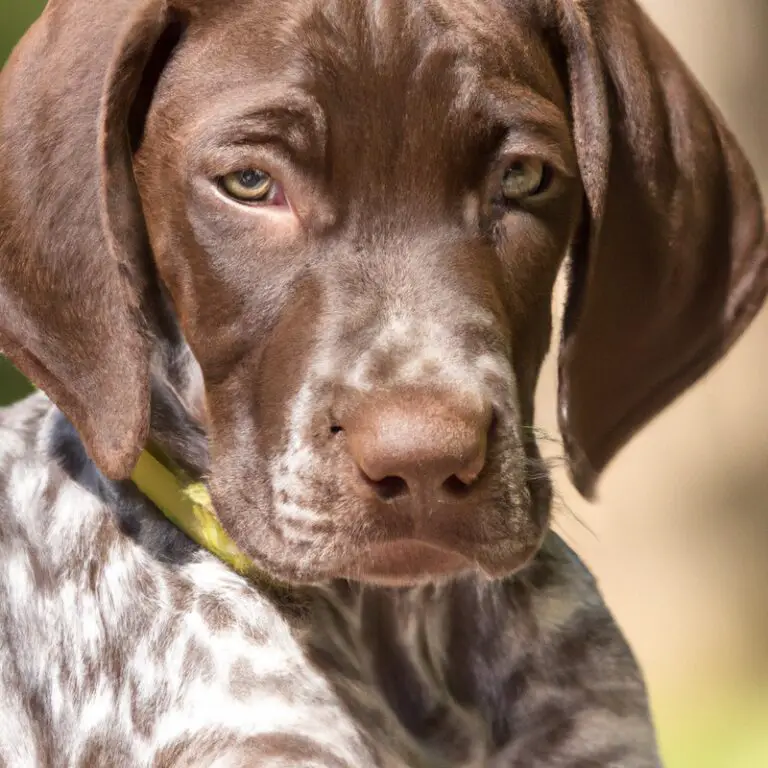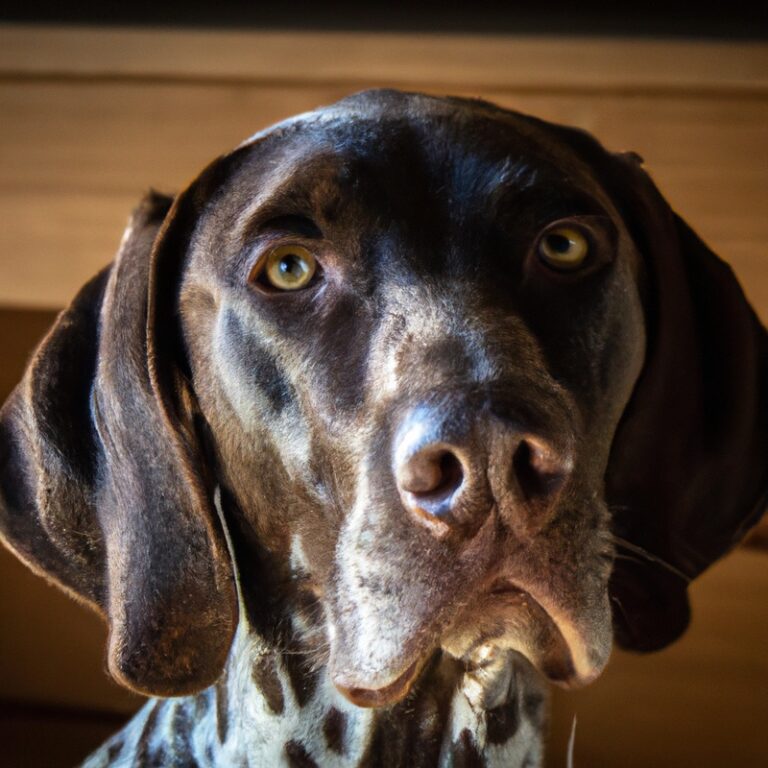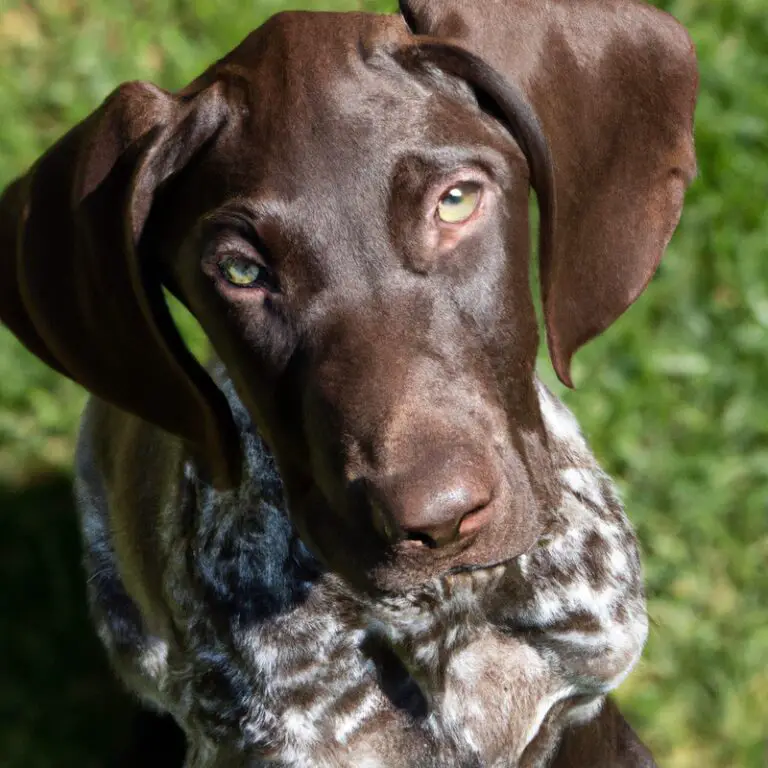How Can I Prevent Separation Anxiety In My German Shorthaired Pointer?
Key Takeaways:
- Establish a consistent routine and provide mental stimulation to prevent separation anxiety in your German Shorthaired Pointer. This can include daily exercise, interactive toys, and obedience training.
- Gradually increase the amount of time your German Shorthaired Pointer spends alone to help them become more comfortable with being apart from you. Start with short periods and gradually extend the duration over time.
- Provide a safe and comfortable space for your German Shorthaired Pointer when you’re not home. This can be a crate or a designated area with their bed, toys, and soothing music to help them feel secure.
- Consider positive reinforcement training techniques to help your German Shorthaired Pointer associate being alone with positive experiences. Reward calm behavior and gradually decrease the amount of attention given before leaving and upon returning.
Hey there German Shorthaired Pointer owners! Are you struggling with your furry friend’s separation anxiety? Trust me, I understand the frustration and worry that comes with leaving your beloved pooch alone.
That’s why I’m here to help.
In this article, I’ll be sharing some valuable insight on understanding separation anxiety in German Shorthaired Pointers, the contributing factors, and its effects on your furry companion. But don’t worry, I won’t leave you hanging! I’ll also provide you with practical tips and techniques to prevent separation anxiety and keep your German Shorthaired Pointer happy and calm.
So, let’s dive right in, shall we?
| Potential Causes of Separation Anxiety | Preventive Measures |
| Lack of exercise and mental stimulation | Provide regular exercise and enrichment activities, such as puzzle toys and obedience training |
| Change in routine or environment | Gradually introduce changes and maintain a predictable schedule |
| Poor socialization | Expose your dog to different environments, people, and other animals from an early age |
| History of abandonment or neglect | Provide a stable and loving environment, and seek professional help if needed |
| Overdependence on the owner | Encourage independence by gradually increasing time spent alone and providing stimulating distractions |
| Previous traumatic experiences | Reintroduce positive experiences and build trust through positive reinforcement training |
Understanding Separation Anxiety in German Shorthaired Pointers
What Separation Anxiety Looks Like in German Shorthaired Pointers
Separation anxiety in German Shorthaired Pointers can manifest in various ways. Here’s what to look out for:
- Destructive Behavior: Your German Shorthaired Pointer may excessively chew or scratch furniture, doors, or other objects in an attempt to escape or alleviate anxiety.
- Excessive Barking or Howling: When left alone, a dog with separation anxiety may bark or howl excessively as a way to seek attention or express distress.
- House Soiling: German Shorthaired Pointers with separation anxiety may urinate or defecate inside the house, even if they are potty trained, due to the stress of being alone.
- Escape Attempts: These dogs may try to escape from their confinement areas (such as crates or rooms by scratching, digging, or chewing. They may even harm themselves in the process.
- Clingy Behavior: A German Shorthaired Pointer with separation anxiety may follow you excessively around the house, refuse to be left alone in a room, and become overly attached to you.
It’s important to remember that each dog is unique and may display one or more of these behaviors to varying degrees. Identifying these signs can help you address separation anxiety in your German Shorthaired Pointer more effectively.
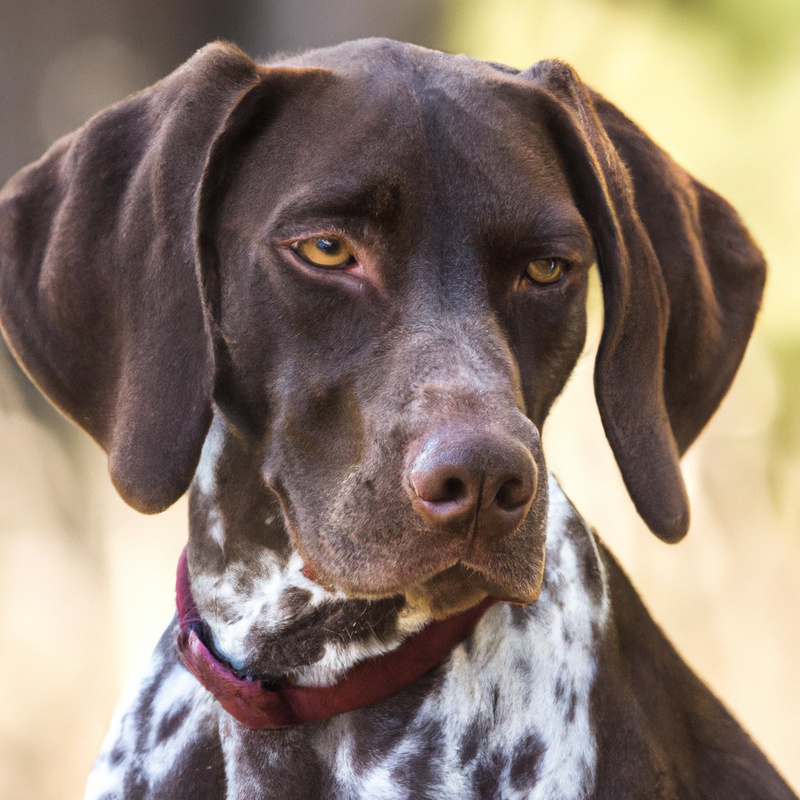
Factors Contributing to Separation Anxiety in German Shorthaired Pointers
There are several factors that can contribute to separation anxiety in German Shorthaired Pointers. Here are some common ones to consider:
- Lack of socialization: If a German Shorthaired Pointer has not been properly socialized as a puppy, they may develop separation anxiety as they struggle to handle being alone.
- Changes in routine: Dogs thrive on consistency and routine. Any sudden changes, such as a new work schedule or a move to a new home, can trigger separation anxiety in German Shorthaired Pointers.
- Previous traumatic experiences: Dogs with a history of abandonment, neglect, or other traumatic experiences may be more prone to separation anxiety.
- Bonding with one person: German Shorthaired Pointers are known to form strong bonds with their owners. If they become overly dependent on one person, they may struggle when that person is not around.
- Lack of mental and physical stimulation: German Shorthaired Pointers are highly active and intelligent dogs. Without enough mental and physical stimulation, they can develop anxiety when left alone.
Understanding these factors can help you identify potential triggers and take steps to prevent separation anxiety in your German Shorthaired Pointer.
The Effects of Separation Anxiety on German Shorthaired Pointers
Separation anxiety can have significant effects on German Shorthaired Pointers. This breed is known for their strong bond with their owners and can become highly distressed when left alone for long periods of time.
Some of the effects of separation anxiety in German Shorthaired Pointers include:
- Destructive behavior: When left alone, German Shorthaired Pointers with separation anxiety may resort to destructive behaviors such as chewing on furniture, scratching doors, or digging at carpets.
- Excessive barking: These dogs may engage in incessant barking or howling as a way to cope with their anxiety and express their distress.
- Escaping and roaming: In an attempt to find their owners, German Shorthaired Pointers with separation anxiety may try to escape from their home or yard, putting themselves at risk of getting lost or injured.
- Bathroom accidents: Some dogs with separation anxiety may urinate or defecate indoors when left alone, even if they are house trained.
- Changes in appetite and weight loss: The stress of separation anxiety can lead to a decreased appetite in German Shorthaired Pointers, resulting in weight loss or a lack of proper nutrition.
It is important to address separation anxiety in German Shorthaired Pointers to prevent these negative effects.
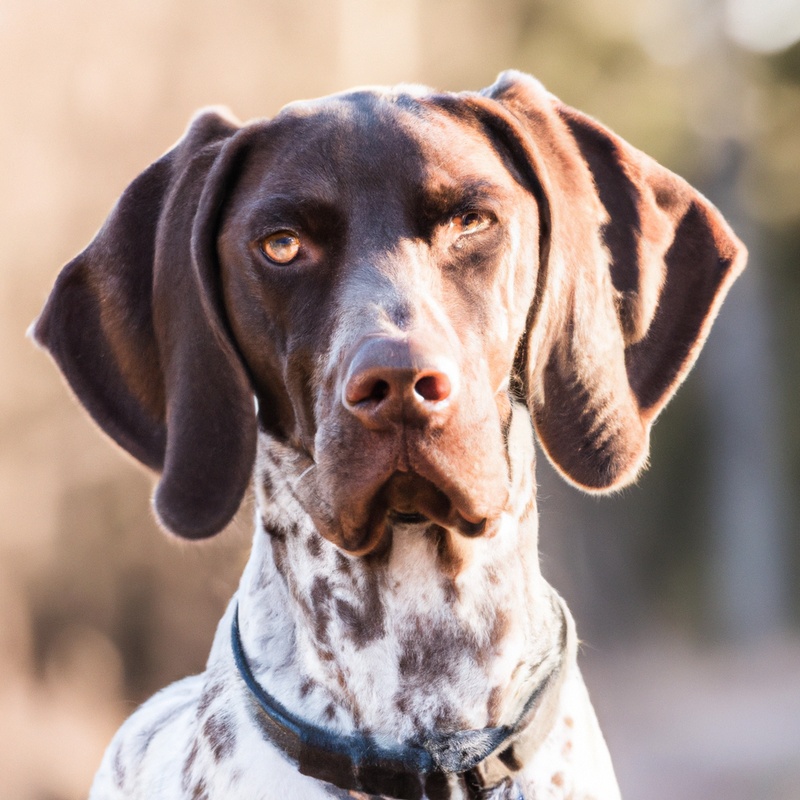
Preventing Separation Anxiety in German Shorthaired Pointers
Create a Structured Routine and Stick to It
Creating a structured routine is key to preventing separation anxiety in your German Shorthaired Pointer. Dogs thrive on predictability and having a consistent schedule helps them feel secure and confident.
Here’s how you can create a routine and stick to it:
- Establish a daily schedule: Set specific times for feeding, walks, playtime, and rest. Consistency is crucial, so try to follow this schedule every day.
- Keep departures and arrivals low-key: Avoid making a big fuss when leaving or coming home. This helps your dog learn that departures and arrivals are normal and nothing to worry about.
- Gradually increase alone time: Start by leaving your dog alone for short periods and gradually extend the duration. This helps your dog build confidence and trust that you’ll always come back.
- Provide mental stimulation: Engage your dog’s mind with puzzle toys, interactive games, and training sessions. Mental stimulation helps tire them out and keeps them occupied during alone time.
- Consider crate training: A crate can provide a safe space for your dog and can help them feel secure when you’re away. Gradually introduce your dog to the crate, making it a positive and comfortable place.
Remember, consistency is the key. By creating a structured routine and sticking to it, you can help prevent separation anxiety in your German Shorthaired Pointer and ensure they feel safe and secure when you’re not around.
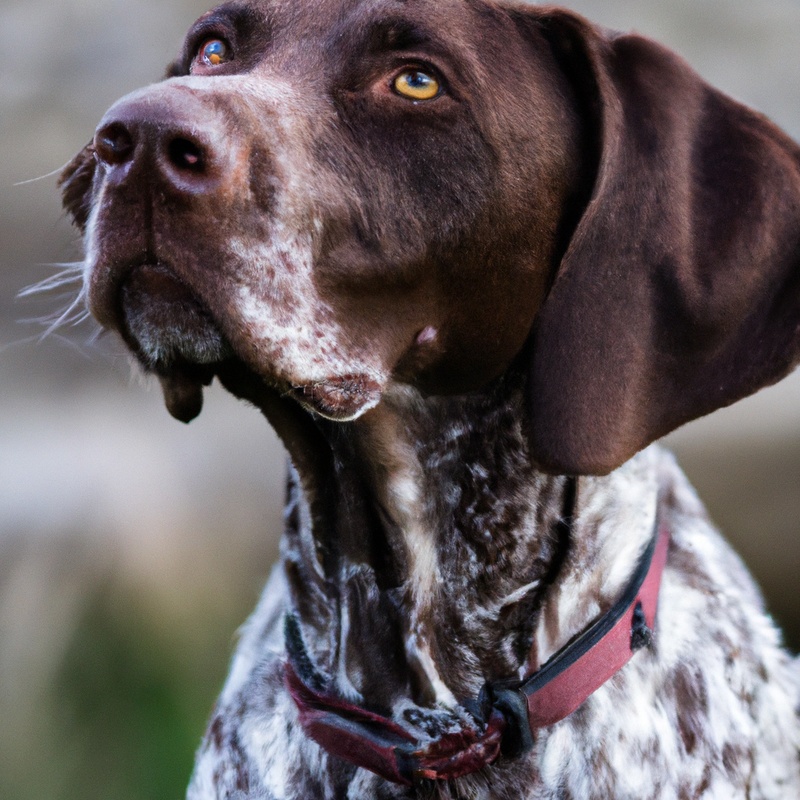
Gradually Introduce Alone Time
Gradually Introduce Alone Time: One effective way to prevent separation anxiety in German Shorthaired Pointers is by gradually introducing alone time to your pup. Start with short periods where you leave your dog alone and gradually increase the duration over time.
This helps your dog get used to being alone and reduces the likelihood of anxiety.
Begin by leaving them alone for a few minutes and gradually work your way up to hours. Remember to provide toys, treats, and a comfortable space so that your dog associates alone time with positive experiences.
Provide Mental Stimulation and Exercise
One of the key ways to prevent separation anxiety in German Shorthaired Pointers is to provide them with plenty of mental stimulation and exercise. These intelligent and energetic dogs thrive on mental challenges and physical activity.
To keep their minds sharp, engage them in activities such as puzzle toys, scent games, and obedience training.
This will help tire them out mentally and prevent boredom, which can contribute to separation anxiety. In addition, daily exercise is crucial for German Shorthaired Pointers.
They require a good amount of physical activity to burn off their energy.
Long walks, runs, or play sessions in a fenced yard are great options. Regular exercise not only helps keep them physically fit but also helps reduce anxiety and promote overall well-being.
By incorporating mental stimulation and exercise into your German Shorthaired Pointer’s daily routine, you can help prevent separation anxiety and ensure a happy and well-balanced dog.
Use Positive Reinforcement and Training Techniques
One effective way to prevent separation anxiety in German Shorthaired Pointers is to use positive reinforcement and training techniques. Positive reinforcement involves rewarding your dog with treats, praise, and attention when they exhibit behaviors that you want to encourage, such as staying calm when you leave the house.
This helps to create positive associations with being alone and reduces anxiety.
Training techniques, such as desensitization and counterconditioning, can also be helpful. Gradually expose your dog to short periods of alone time and reward them for remaining calm.
Over time, gradually increase the duration of alone time and continue to reward good behavior.
Consistency and patience are key when using these methods. By using positive reinforcement and training techniques, you can help your German Shorthaired Pointer feel more secure and comfortable when left alone.
Seek Professional Help if Necessary
If you find that your German Shorthaired Pointer is experiencing severe separation anxiety, seeking professional help may be necessary. A professional dog trainer or animal behaviorist can provide invaluable guidance and expertise in addressing your dog’s anxiety.
They can create a personalized training plan tailored to your dog’s specific needs.
Additionally, they may suggest techniques such as desensitization and counterconditioning to gradually acclimate your dog to being alone. Remember, seeking professional help can greatly improve your dog’s well-being and help them overcome separation anxiety.
Additional Tips for Managing Separation Anxiety in German Shorthaired Pointers
Using Calming Aids, Toys, and Treats
Using calming aids, toys, and treats can be effective in managing separation anxiety in German Shorthaired Pointers. These tools help distract and calm your dog, making the time alone more bearable for them.
- Calming Aids: Consider using natural products like lavender oil or pheromone diffusers to create a soothing environment. These aids can help relax your dog and alleviate anxiety.
- Toys: Provide your German Shorthaired Pointer with engaging toys that can keep them occupied while you’re away. Puzzle toys, stuffed Kongs filled with treats, or interactive toys that dispense food can help redirect their focus and provide mental stimulation.
- Treats: Give your dog special treats that they only receive when you’re leaving or while they’re alone. This creates a positive association with your departure and can help ease their anxiety. Kong fillings, frozen treats, or long-lasting chews can be effective options.
Remember, using calming aids, toys, and treats alone may not completely eliminate separation anxiety. It is important to combine them with other strategies and gradually increase your dog’s tolerance to being alone.
Seeking guidance from a professional dog trainer or behaviorist can also be beneficial in managing separation anxiety effectively.
Utilizing Crate Training
Crate training can be a helpful tool in preventing separation anxiety in German Shorthaired Pointers. Here’s how you can utilize crate training effectively:
- Introduce the crate gradually: Start by making the crate a positive and inviting space. Place comfortable bedding, toys, and treats inside to encourage your dog to enter willingly.
- Make it a positive experience: Associate the crate with positive experiences by feeding your dog meals inside the crate or giving them treats when they enter voluntarily. This helps create a positive association with the crate.
- Gradually increase crate time: Begin by leaving your dog in the crate for short periods while you are present at home. Gradually extend the time until your dog feels comfortable being alone in the crate for longer durations.
- Use it as a safe space: Teach your dog to view the crate as their safe and secure den. Ensure that the crate is always open and accessible so that your dog can go in and out freely as needed.
- Avoid punishment: Never use the crate as a form of punishment. This will create negative associations and may worsen separation anxiety.
Remember, crate training should be done with patience and care. It can provide your German Shorthaired Pointer with a sense of security and help prevent separation anxiety when used correctly.
Exploring Doggie Daycare and Dog-Sitting Services
If you’re looking for ways to prevent separation anxiety in your German Shorthaired Pointer, exploring doggie daycare and dog-sitting services could be a good option. These services provide a safe and stimulating environment for your dog when you’re away.
Doggie daycare allows your pup to socialize with other dogs and receive plenty of exercise throughout the day.
On the other hand, dog-sitting services provide one-on-one care in your own home, which can be beneficial for dogs who prefer a quieter setting. Both options can help alleviate separation anxiety by keeping your furry friend occupied and well-cared for while you’re gone.
Seeking Support from Other Dog Owners and Breed Specific Communities
If you’re dealing with separation anxiety in your German Shorthaired Pointer, seeking support from other dog owners and breed-specific communities can be really helpful. Connecting with fellow owners who have experienced similar challenges can provide you with valuable insights, advice, and emotional support.
Online forums, social media groups, and local dog clubs are great places to start.
By sharing your experiences and learning from others, you can feel less isolated and more equipped to manage separation anxiety in your furry friend. So don’t hesitate to reach out and tap into the knowledge and support of your fellow dog owners.
Final Verdict
Understanding separation anxiety in German Shorthaired Pointers is essential for their well-being and happiness. Factors contributing to this condition can range from breed characteristics to environmental changes.
The effects of separation anxiety on these dogs can be seen in destructive behavior and excessive barking.
Preventing separation anxiety requires creating a structured routine, gradually introducing alone time, providing mental stimulation and exercise, and using positive reinforcement and training techniques. Additional tips include using calming aids, toys, and treats, crate training, exploring doggie daycare and dog-sitting services, and seeking support from other dog owners.
By implementing these strategies, you can alleviate separation anxiety in your German Shorthaired Pointer and ensure a harmonious relationship with your canine companion.


